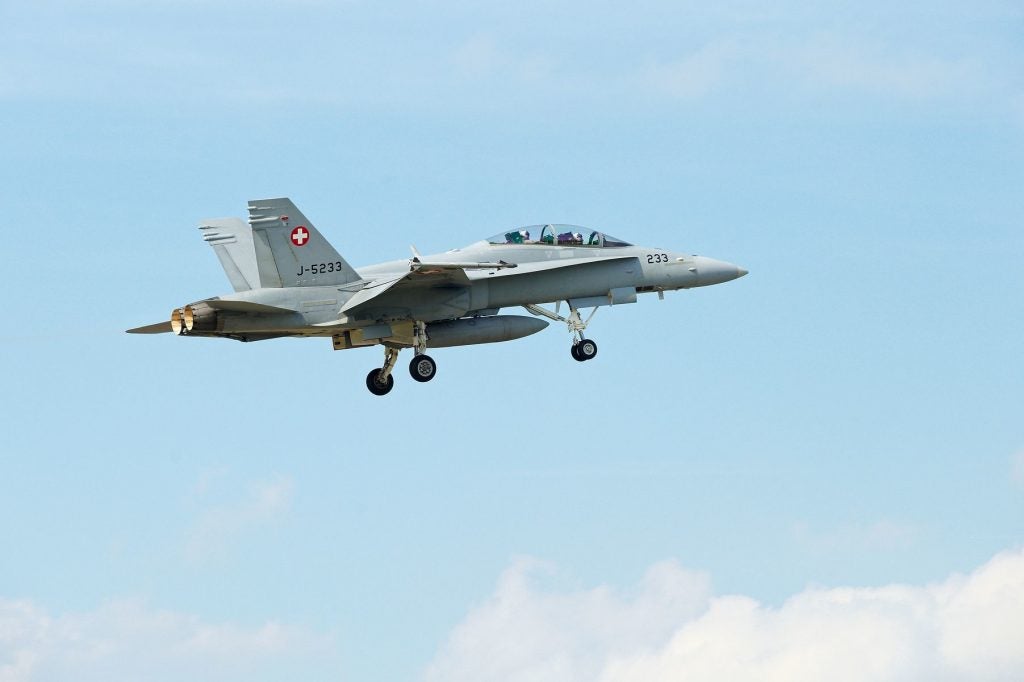Razor-Thin Victory For Swiss Fighter Procurement Referendum
The Swiss proposal to procure new fighter aircraft for the Swiss Air Force barely survived the ballot box on Sunday, with 50.1% of around three million eligible voters voting in favor of the plan. Just 8,670 votes made the difference between the Swiss Air 2030 plan proceeding as planned, or the Swiss government returning to the drawing board for planning how to replace their combat aircraft fleet.
Polls weeks ahead of the referendum predicted a majority in support of the fighter procurement, however, the gap closed nearer to polling day, with polls on the day predicting a dead heat between the options. Ultimately, 1,605,700 people voted in favor of procurement, with 1,597,030 voting against, in a result that surprised supporters and opponents of procurement alike.
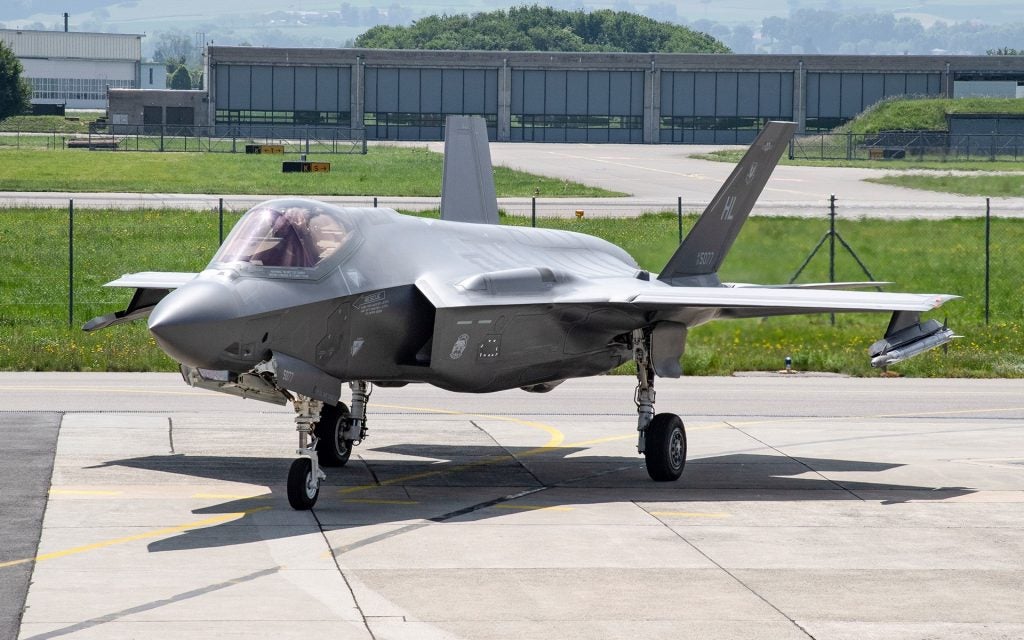
With the results in favor of procurement, the Swiss Federal Council is now mandated to procure new fighter aircraft by 2030, with Defense Minister Viola Amherd saying that the vote represented “a long-term investment in the security of the Swiss population and infrastructure”, describing the outcome as a mandate for continuing the final phrase of evaluations of the Eurofighter, Rafale, F/A-18E/F Super Hornet and the F-35A Lightning II.
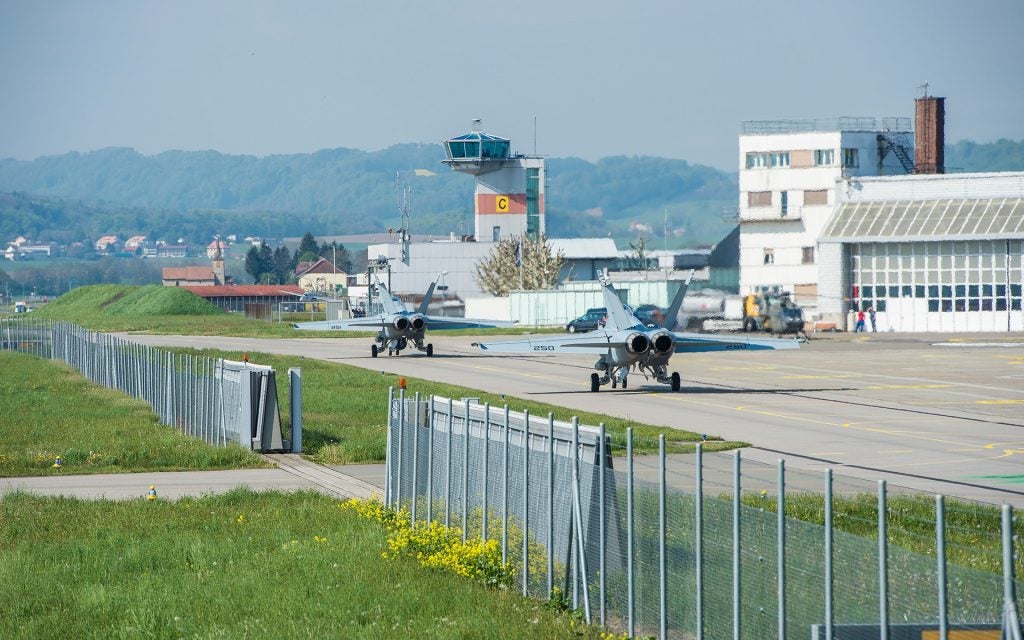
In an appearance on a Schweizer Radio und Fernsehen (the Swiss Broadcasting Corporation’s German-language service) television segment covering the referendum, political scientist Lukas Golder said that one of the factors that resulted in the closeness of the result was the COVID-19 pandemic and its effects, noting that the pandemic had resulted in changed political priorities that did not include the procurement of new fighter aircraft.
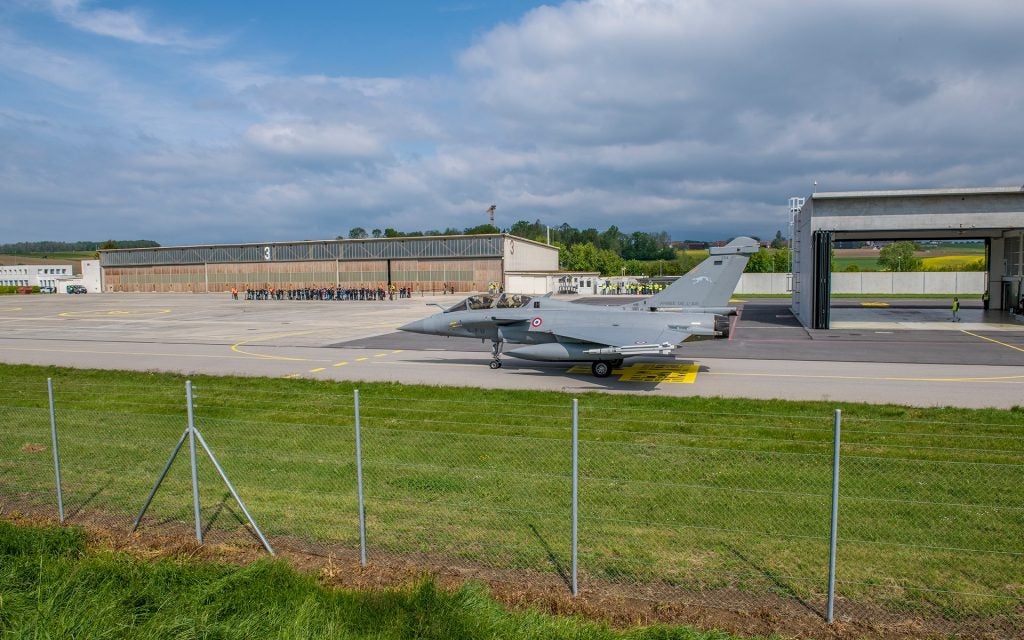
Indeed, claims that the money could be put to better use elsewhere were a recurring theme in campaigning by the opposition to the fighter procurement. The Group for a Switzerland Without an Army, Green Party and other aligned political movements opposed to the procurement had argued that the aircraft procured would cost 24 billion Francs over their lifetime instead of the 6 billion Francs currently budgeted under Air 2030. According to them, the amount to be spent would have been better spent on social services like healthcare or to counter the effects of global warming.
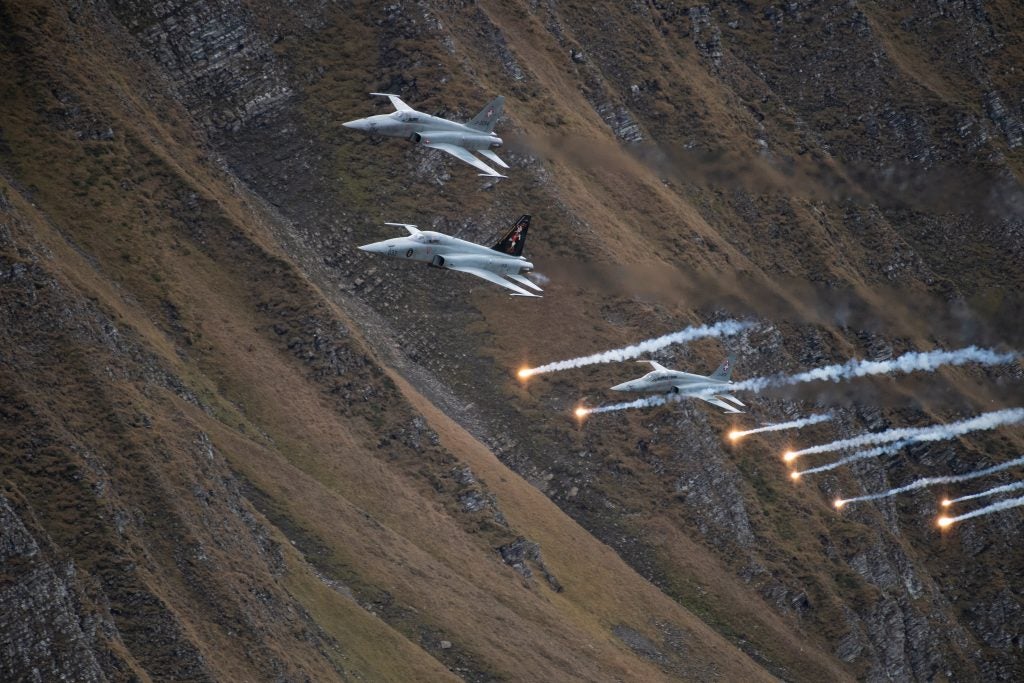
This referendum comes 6 years after a referendum in May 2014 on procurement of Saab Gripen MS21s to replace the F-5Es Tiger fleet failed, with 53.41 percent of voters then voting against the procurement of the Swedish aircraft, following the leak of a Swiss Air Force assessment suggesting that the Gripen MS21 was being procured on cost grounds, despite being the least capable option compared to the Eurofighter and Rafale. The successor to the Gripen MS21, the Gripen E, was disqualified from Air 2030 last year after Swiss defense procurement agency Armasuisse deemed the Gripen E as not operationally ready as of the trials, compared to the other contenders.
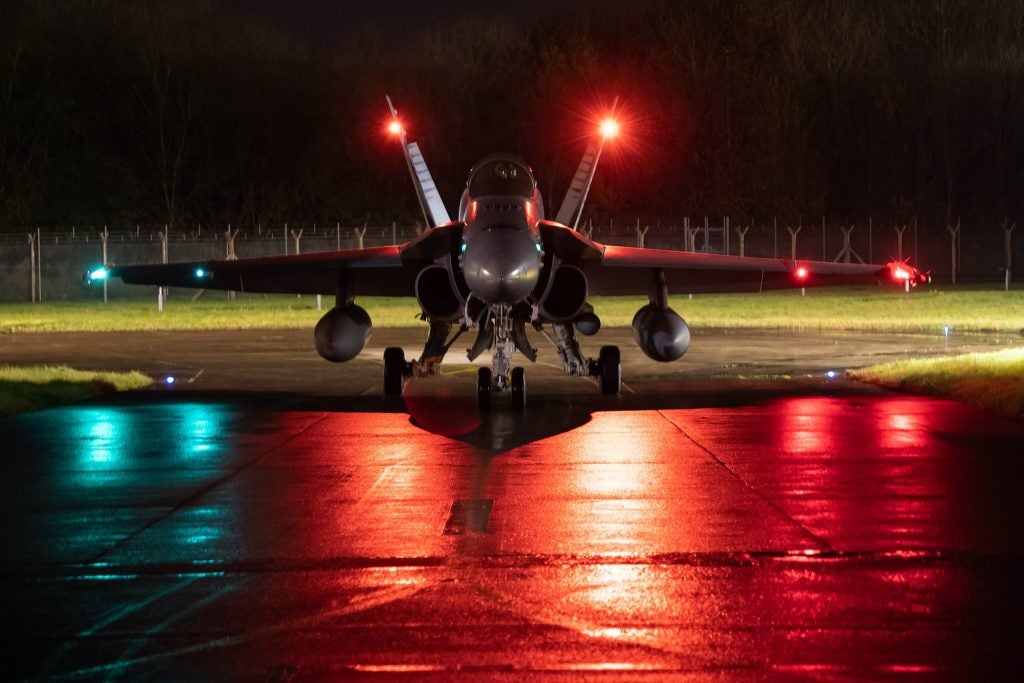
However narrow the margin may be, the Federal Council is now on path to decide which aircraft type to procure in the middle of 2021, with aircraft deliveries expected to begin in 2025. The procurement program is expected to complete in 2030, with the Swiss Air Force’s remaining F-5E Tigers and F/A-18 Legacy Hornets to be retired upon the completion of the program.
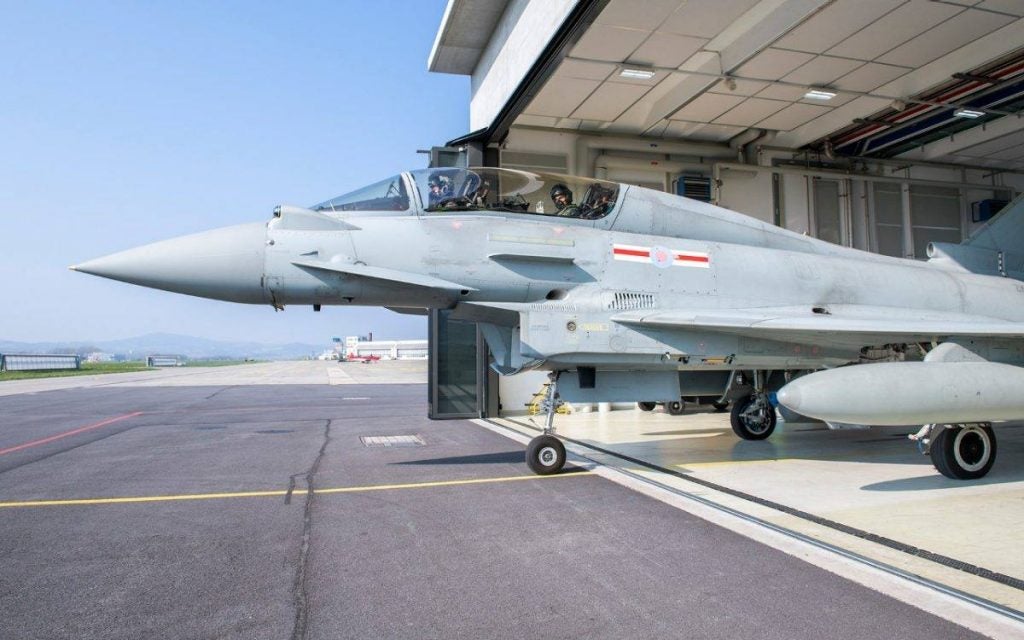
With both sides claiming victory of some sort, it’s clear that the procurement will remain controversial, with opponents now claiming that the narrow margin of victory should disqualify the American contenders out of concerns of increased technological dependence on the US. Supporters of the procurement dispute the idea, saying that technological dependence is one of the evaluation metrics being used. Levin Lempert, secretary of Group for a Switzerland Without an Army, has since stated that the group is considering the creation of a popular initiative against whichever aircraft the Swiss Air Force decides on procuring.

